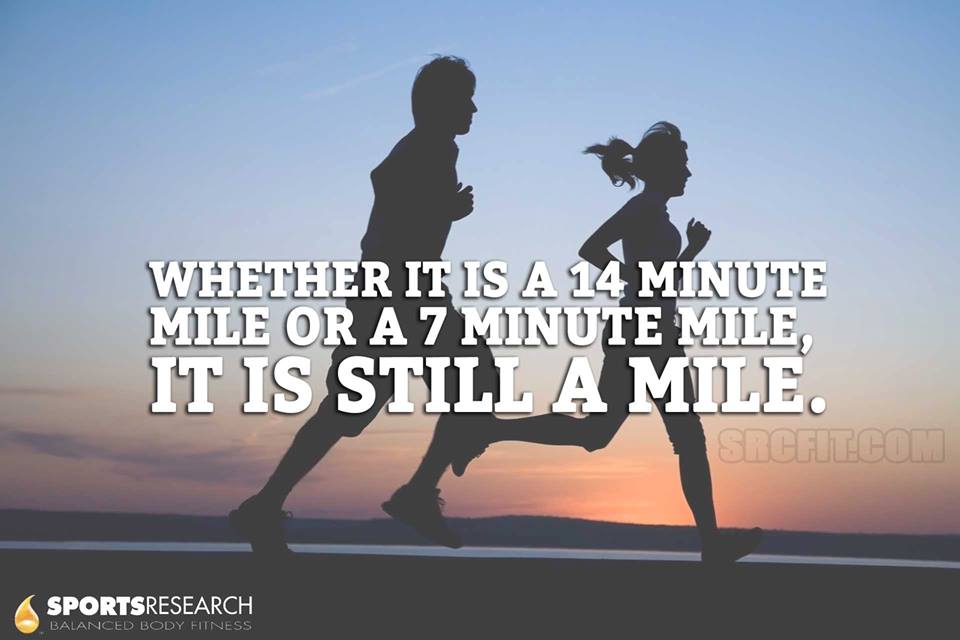We all love that feeling — waking up early in the morning, getting a good workout in before work, and feeling alive all day. Yet, we also love the feeling of getting a full night’s sleep and actually staying awake all day. And so the eternal battle goes …
So, which is better? Working out in the morning and seizing the day, or sleeping in a bit longer and working out in the afternoon? Let’s dive into the science of this for a few minutes and see when each one is best.
Working out in the morning
If you love the feeling that your body gets after working out, nothing could be better for your happiness than starting it off with a hard workout. For some people they crave the feeling of having their body feeling “pumped” all day long and getting their heart rate up in the morning so they burn fat all day long.
Some people love to tackle their morning workouts while their willpower is strongest. Science has proven that willpower, like a muscle, fatigues throughout the day with greater use. (This is why it’s more difficult to resist those chocolate chip cookies that your family cooks at night!) If you really want to get the most out of your workouts, scientists suggest making time for them in the early hours of the day, before work, child, and stress fatigue deplete your willpower late in the day.
Another benefit of working out in the morning is that when your body feels healthy at the beginning of each day it’s difficult to eat garbage. Conversely, if someone postpones a workout until the evening hours, they are likely to indulge their taste buds while saying, “I’ll just burn it off tonight!” Obviously this is a dangerous habit to form …
But not all morning workouts are equally effective. Anything that gets your body moving too fast while your body’s core is still cold can do more harm than good. This is why it’s important to adequately warm up your muscles and core before diving in the pool, strapping on your running shoes, or hopping on the bike. In most cases a simple dynamic warm-up can make the difference between breaking a personal record and snapping a hamstring.
Working out in the afternoon? Good!
Despite all of the benefits of working out in the morning, the New York Giants switched their training schedule and all workouts to the afternoon in between the seasons of 2006 and 2007. Why? They decided that early morning workouts were cutting into their athlete’s sleeping time. (Yes, unfortunately NFL players don’t always get to bed on-time!)
Science has proven that muscle recovery only occurs after the 6th hour of sleep each night. This is critical for athletes that are constantly breaking down muscle and need this valuable time to rest and recover. In fact, other studies have shown that simply getting between 7 and 9 hours of sleep (depending on the person and activity level) can boost athletic performance by up to 30%. Perhaps this is why the latest Olympian trainers weren’t pushing their athletes to eat better, but to sleep better. You’ll see … this is the next wave of athletic training that will gain more notoriety in the coming years.
Coming back to afternoon workouts, the bottom line is that if you aren’t getting enough sleep at night even if you exercise every morning, your body just don’t be able to respond and recover.
Summary
Working out in the morning is best for your body, mental health, and habits if, and only if, you get enough sleep each night.
About the author: Jason is a former international athlete and guest writer for TransformYou.

